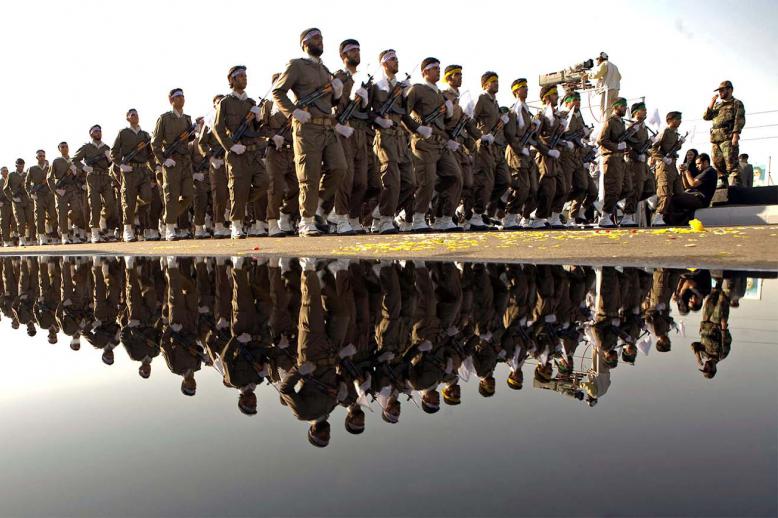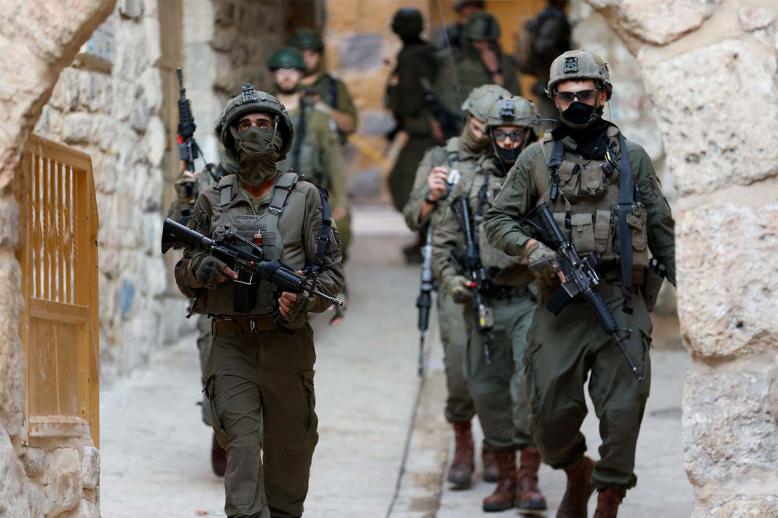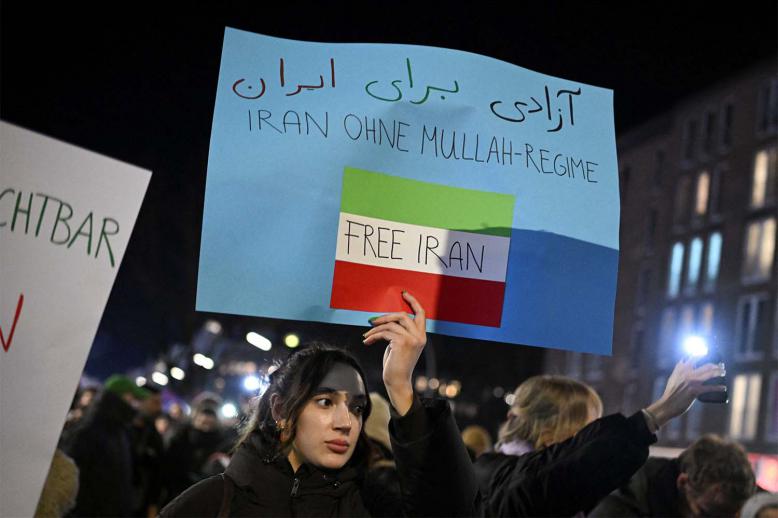In Iraq, political changes mean more of the same
The parliamentary elections in May were sold as going to bring positive changes to Iraq, both in terms of speed and substance. However, while politicians did break with political tradition several times this year, the results of the political process appear to be the same.
The new vote counting machines were meant to save Iraqis time since they would be faster than manual count, in addition to being fraud-proof because they would be beyond the manipulative hands of corrupt election monitors.
The outcome? The most serious voter fraud allegations since 2005, which took months to resolve and involved a partial manual recount and the intervention of the Federal Supreme Court.
The final outcome? The recount determined that the election results were broadly the same.
Voting fraud is not new in Iraq but it was the first time the country’s investigative bodies, including the intelligence apparatus, confirmed such a wide scale of election rigging. This was coupled with lowest voter turnout in Iraq post-2003.
At the outset of elections, the level of anti-sectarian rhetoric by political campaigners reached an all-time high. Most of the major blocs emphasised their cross-sectarian and nationalist nature. Those who were considered Iran’s proxies yesterday distanced themselves from Tehran and highlighted that the interests of Iraq should come first, promising to make the country at peace with all of its neighbours.
As soon as those parties faced the Basra-sparked wave of public discontent, Shia rivals joined ranks, sacrificing incumbent Prime Minister Haider al-Abadi for the country’s sins over the past 15 years. The fatwa of top Shia cleric Grand Ayatollah Ali al-Sistani, which called for the sidelining of failed politicians, changed meaning from supporting Abadi to dropping Abadi in a few months.
While the rival blocs of influential cleric Muqtada al-Sadr and militia leader Hadi al-Amiri claim each has the largest alliance in parliament, they agreed on a consensus candidate for prime minister: Shia politician Adel Abdul-Mahdi.
Abdul-Mahdi has been in ministerial office before and resigned then reportedly in protest over corruption. He could not make a difference nor overcome corruption. In other words, he tried and failed. Yet Sistani’s fatwa doesn’t seem to apply to him.
Some observers remarked that the election of Sunni politician Mohammed al-Halbousi as parliament speaker — thanks to the votes of the Iran-backed bloc — is a bad precedent that prevented Sunnis from choosing their own candidate as was the custom. However, when looking at how previous parliament speakers were voted in an anti-Iran ticket shifted to being pro-Tehran politicians, you’ll realise that the results have remained the same.
Selecting Iraq’s president this year also broke with the tradition of having the major Kurdish parties agree on their candidate, which custom has it belongs to the Patriotic Union of Kurdistan (PUK). This time, the major Kurdish parties decided to field competitors for the presidency. Only two of the candidates had a real chance: veteran politician Barham Salih on behalf of the PUK and Fouad Hussein from the Kurdistan Democratic Party (KDP).
While there was no doubt that Salih, an internationally respected figure, was by far a better candidate than his KDP rival, choosing a figure from outside the KDP-PUK pool wouldn’t have been a bad idea, especially someone such as female candidate Srwa Abdulwahid. It is, after all, a ceremonial post meant to represent the whole of Iraq and not necessarily linked to one party.
Even Salih’s victory, had he remained in the party he founded in 2017 (the Coalition for Democracy and Justice) after leaving the PUK, would have constituted a real change. In the end, Iraq has kept the tradition of having a president from the PUK.
In the autonomous region of Kurdistan, little has changed, too. The PUK accused the KDP of voter fraud and the small Kurdish parties accused both the PUK and KDP of voter fraud. Opposing sides accuse each other of betrayal and clientship and the KDP get to rule, again.
Mamoon Alabbasi is Deputy Managing Editor and Online Editor of The Arab Weekly. You can follow him on Twitter @MamoonAlabbasi
This article was originally published in The Arab Weekly.







